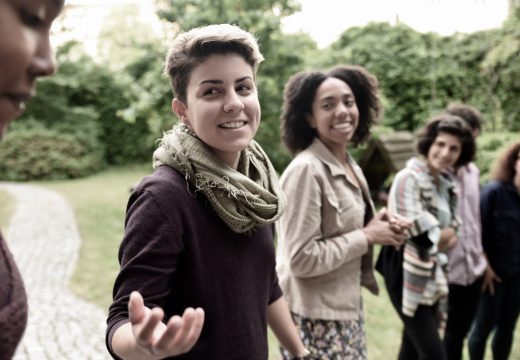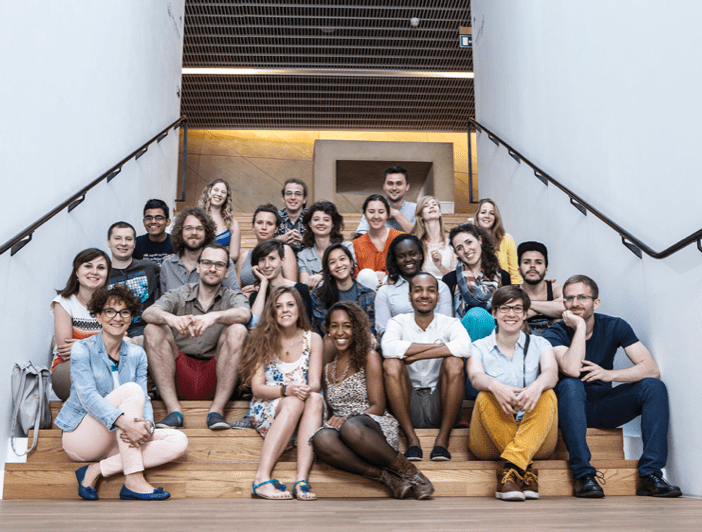Before you begin your application, please be sure that you are eligible to apply. Scroll down for detailed information on what criteria we ask applicants to meet. Applications received from individuals who are not eligible will not be considered.

2019 Warsaw Fellow
Eligibility Criteria
- You speak English fluently (all programs are conducted in English)
- You must fit one of the below:
- You are a current student in a college or university located in Poland.
- You graduated no longer than two years ago from a college or university in Poland.
- You grew up in or are a citizen or resident of Poland and study at or recently graduated from a college or university in any country of the world.
If your path has been non-linear or feel unsure about your eligibility, please email us at poland@humanityinaction.org to find out about your eligibility.
Please notice that applicants applying from Poland may apply only for Sarajevo Fellowship program.
Fellowship & Application Resources
-
Application Start Page
-
Application Process
-
Fellowship FAQs - Europe-based Applicants
Rekrutacja do Akademii Praw Człowieka
Każdego roku nowi uczestnicy Akademii Praw Człowieka zbierają się w sześciu miastach w Europie i USA, aby dowiedzieć się jak i dlaczego ludzie przeciwstawiają się nietolerancji i bronią demokratycznych wartości.



